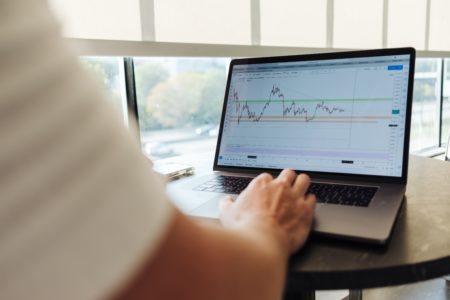A balance sheet is a financial statement that provides a snapshot of a freelancer’s financial situation at a specific point in time. It provides a detailed breakdown of their assets, liabilities, and equity, which helps to determine the financial health of their business.
Assets are resources owned by the freelancer, such as cash, accounts receivable, equipment, and investments. Liabilities are amounts owed by the freelancer, such as accounts payable, loans, and taxes. Equity represents the amount of the freelancer’s assets that are not attributable to liabilities.
Balance sheets matter because they help freelancers to assess their financial position, make informed decisions about their business, and identify potential areas for improvement. By analyzing their assets, liabilities, and equity, freelancers can gain a clear understanding of their cash flow, profitability, and overall financial stability.
This information can be used to make strategic decisions about investing in their business, managing debt, and improving their financial performance. Additionally, lenders and investors may require a freelancer’s balance sheet as part of their due diligence process, so having an accurate and up-to-date balance sheet can help freelancers to secure financing or attract investment.



